Africa
As cholera cases surge, African leaders urge local production of vaccine
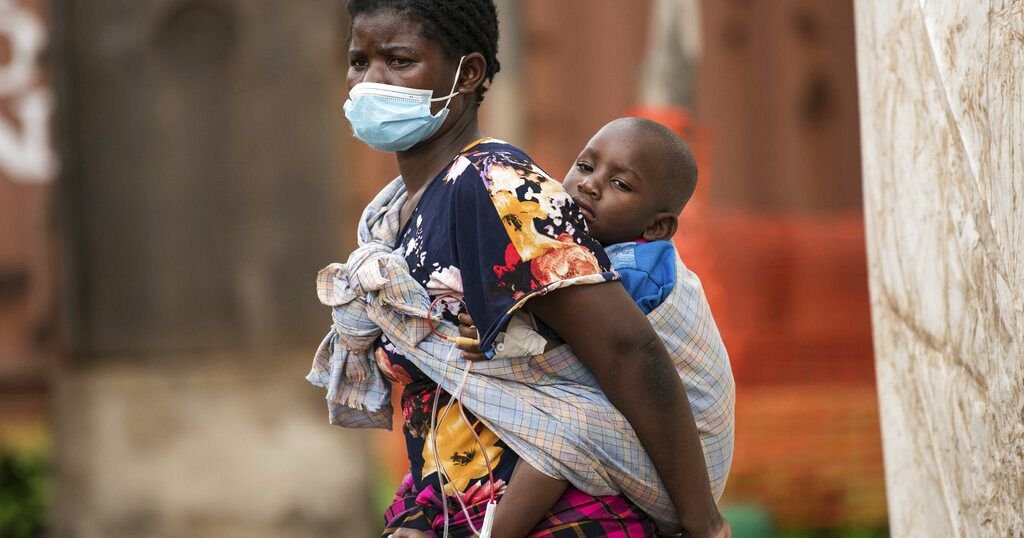
As cholera cases rise sharply across the continent, its leaders say it is essential that Africa steps up production of its own vaccines.
The World Health Organization says that so far this year, Africa has reported two-thirds of all cases worldwide, and 99 per cent of cholera-related deaths.
It’s Director-General, Tedros Ghebreyesus, was speaking on Wednesday at a virtual emergency summit organised by the Africa Centres for Disease Control and Prevention.
Ghebreyesus said Africa should also optimise the use of existing supplies through earlier detection and more efficient vaccination campaigns.
But he added that cholera must also be addressed at its source, saying it is a symptom of deeper issues – systemic failures in water, sanitation, health services, governance, and equity.
The Africa CDC says that more than 90 per cent of vaccines, medicines, medical tests, and other essential health supplies used across the continent are imported.
It says this leaves countries vulnerable to global trade tensions, geopolitical disruption, and logistical delays.
Of the 20 countries reporting outbreaks this year, the worst hit are Sudan, South Sudan, the Democratic Republic of Congo, and Angola.
The water-borne bacterial disease causes severe diarrhoea and dehydration. Left untreated, it can be fatal in a matter of hours, even in previously healthy people.
Africa
France and New Caledonia reach a deal granting territory more autonomy but no independence
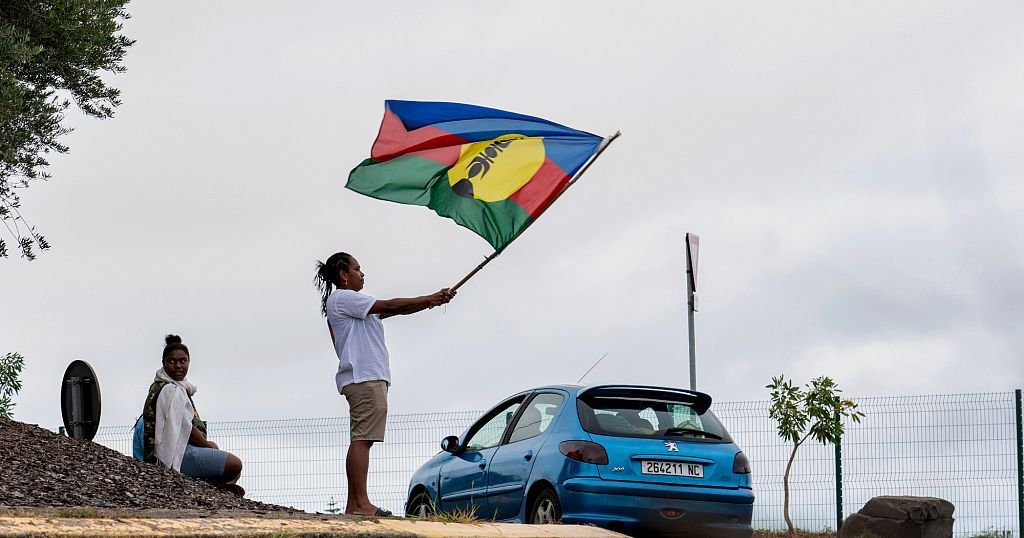
After 10 days of negotiations, including a final overnight marathon, France has reached an agreement with New Caledonia. The deal grants the South Pacific territory more autonomy — but stops short of the independence sought by many indigenous Kanaks.
President Macron hailed the deal as historic but it still needs final approval in New Caledonia. If passed, it would create a state of Caledonia within the French Republic incscribed in the French constitution and a Caledonian nationality alongside French nationality.
The talks stemmed from deadly rioting last year prompted by proposed changes to electoral rules that pro-independence groups said would marginalize Indigenous voters.
The territory has held three referenda on the question of independence, with voters each time opting to remain with France.
A special congress will be held to finalize next steps. Media reports say they could include more sovereignty for New Caledonia over international affairs, security and justice.
The accord could also eventually allow New Caledonians to change the territory’s name, flag and hymn.
Negotiators stressed the importance of rehabilitating and diversifying New Caledonia’s indebted economy, which depends heavily on nickel mining, and making it less reliant on the French mainland.
France colonized the Pacific archipelago in the 1850s, and it became an overseas territory after World War II, with French citizenship granted to all Kanaks in 1957.
Africa
Iran says it’s willing to resume nuclear talks with the US if given assurances of no more attacks
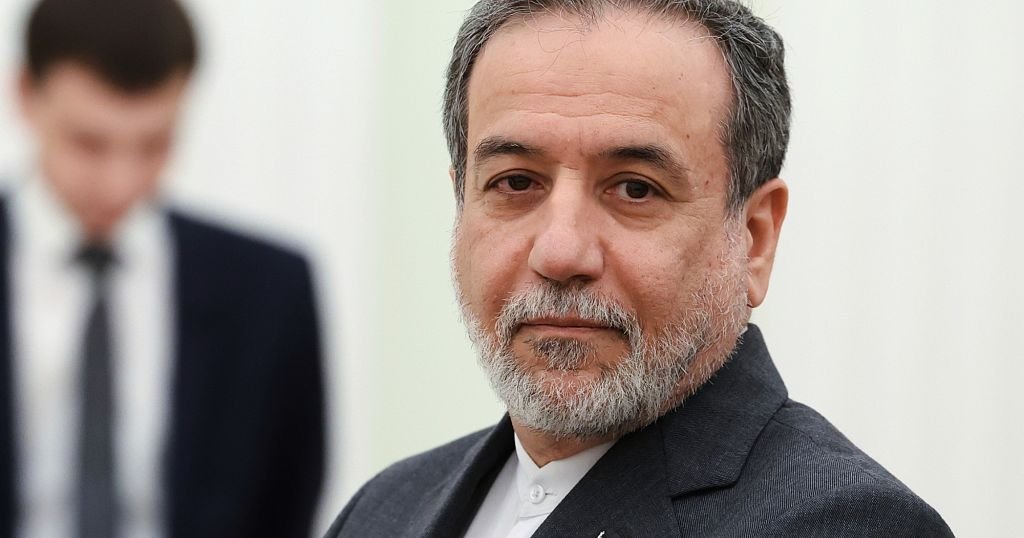
Iran’s foreign minister said Saturday that his country would accept a resumption of nuclear talks with the US if there were assurances of no more attacks against it, state media reported.
Abbas Araghchi said in a speech to Tehran-based foreign diplomats that Iran has always been ready and will be ready in the future for talks about its nuclear program, but, “assurance should be provided that in case of a resumption of talks, the trend will not lead to war.”
Referring to the 12-day Israeli bombardment of Iran’s nuclear and military sites, and the US strike on June 22, Araghchi said that if the US and others wish to resume talks with Iran, “first of all, there should be a firm guarantee that such actions will not be repeated. The attack on Iran’s nuclear facilities has made it more difficult and complicated to achieve a solution based on negotiations.”
Following the strikes, Iran suspended cooperation with the UN nuclear watchdog, which led to the departure of inspectors. Araghchi said that under Iranian law, the country will answer the agency’s request for cooperation “case by case,” based on Iran’s interests.
He also said any inspection by the agency should be done based on Iran’s “security” concerns as well as the safety of the inspectors. “Danger of proliferation of radioactive materials is high, danger of explosion of ammunition that remained from the war is a serious one.” he said.
He reiterated Iran’s position on the need to continue enriching uranium on its soil. US President Donald Trump has insisted that cannot happen.
Israel claims it acted because Tehran was within reach of a nuclear weapon. US intelligence agencies and the International Atomic Energy Agency had assessed Iran last had an organized nuclear weapons program in 2003, though Tehran had been enriching uranium up to 60% — a short, technical step away from weapons-grade levels of 90%.
Iranian President Masoud Pezeshkian in an interview published Monday said the US airstrikes so badly damaged his country’s nuclear facilities that Iranian authorities still have not been able to access them to survey the destruction.
Africa
UN warns of worsening violence and mass displacement in Haiti, in new report
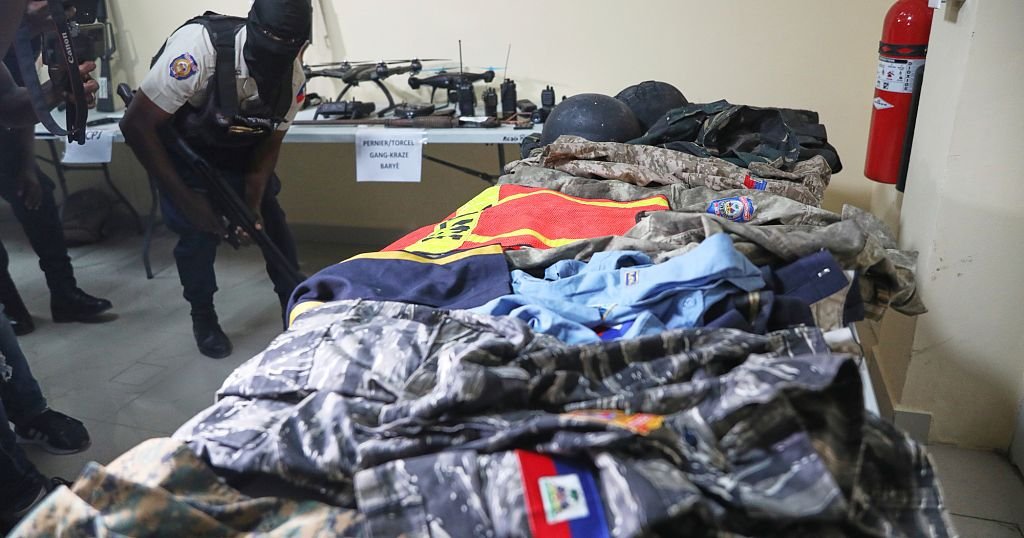
Violence in Haiti is escalating sharply, with gang activity reaching new levels across the country. According to a new report from the United Nations, the surge began in October 2024 and has continued through June of this year. While Port-au-Prince remains a hotspot, the UN highlights that the chaos is now spreading rapidly into rural regions, where state authority is almost entirely absent.
“The escalating gang violence outside Port-au-Prince, where the presence of the state is extremely limited, has claimed over 1,000 lives and forced hundreds of thousands to flee since October 2024,” said Ravina Shamdasani, spokesperson for the Office of the UN High Commissioner for Human Rights.
The report also notes a troubling rise in human rights abuses committed by so-called self-defence groups. These armed civilian groups initially emerged in response to gang violence but are now implicated in growing numbers of violations themselves. The UN is urging urgent international intervention.
“The human rights violations and abuses that we have documented are further evidence of why Haiti and the international community urgently need to step up to end this violence,” Shamdasani added.
According to the UN, a mass killing in Pont-Sondé in the Lower Artibonite region in October 2024 marked a major turning point. What followed was a wave of brutal attacks, displacements, and growing instability.
In one of the most striking examples, the town of Mirebalais in the Centre department was completely emptied. All 100,000 residents fled as violence surged earlier this year.
The UN continues to call for coordinated international action to restore security and protect civilians, warning that without intervention, Haiti’s humanitarian crisis will only deepen.
-
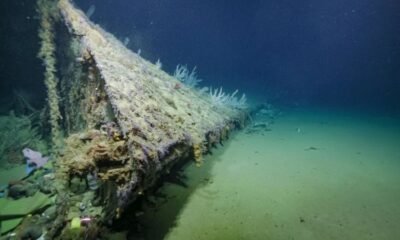
 Asia5 days ago
Asia5 days agoA torpedoed US Navy ship escaped the Pacific in reverse, using coconut logs. Its sunken bow has just been found
-
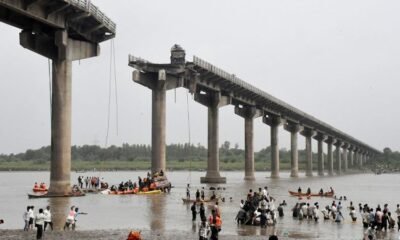
 Asia4 days ago
Asia4 days agoGujarat state: Bridge collapse kills 9 in India
-
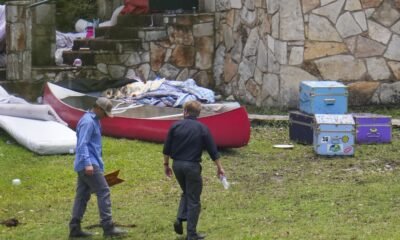
 Lifestyle5 days ago
Lifestyle5 days agoFaith-based camps like those hit by Texas floods are rite of passage for many
-
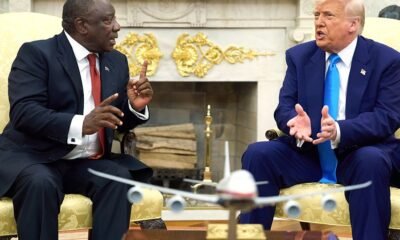
 Africa5 days ago
Africa5 days ago30% on South African imports: Ramaphosa hits back at new Trump tariffs
-

 Europe4 days ago
Europe4 days agoExtreme heat is a killer. A recent heat wave shows how much more deadly its becoming as humans warm the world
-

 Europe4 days ago
Europe4 days agoTrump promised 200 deals by now. He’s gotten 3, and 1 more is getting very close
-
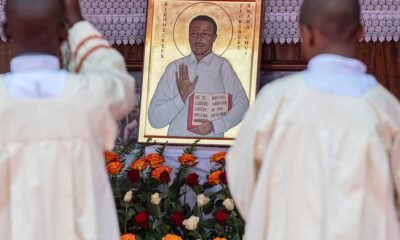
 Africa5 days ago
Africa5 days agoCatholics in eastern Congo honor beatified anti-corruption martyr
-

 Lifestyle3 days ago
Lifestyle3 days agoHealthy workday snacks include a smart mix of energy-boosters




